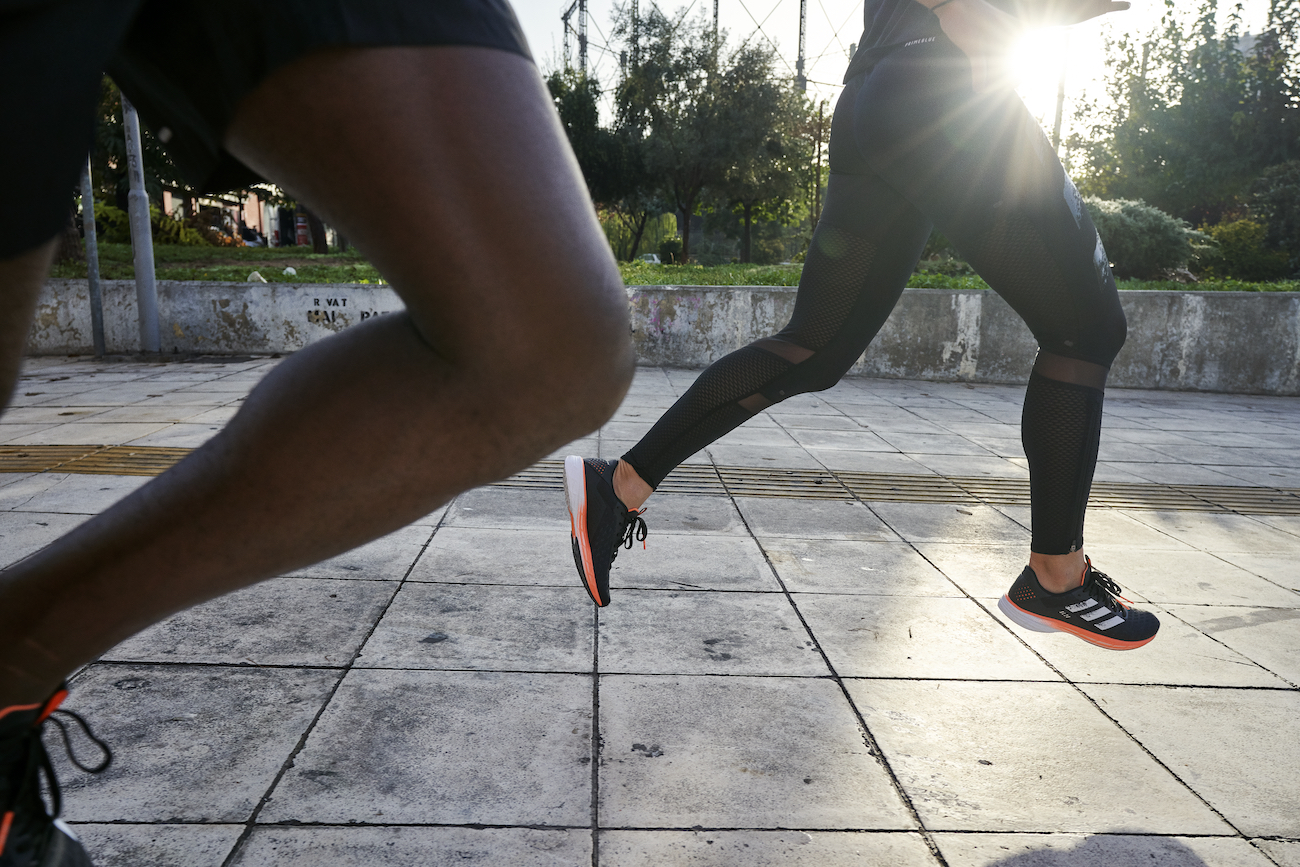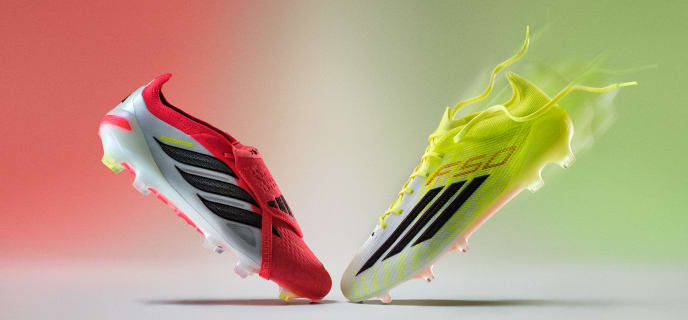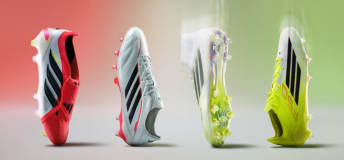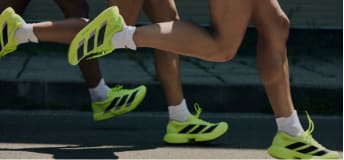When you run, you subject your body to intense training stimulus. Your muscles are challenged, the joints work harder, and your brain is in overdrive, because you have to concentrate on every step. As soon as you’ve finished your workout, a very important phase starts: recovery. Now your body compensates for the stress it was subjected to in order to move to the next performance level.
However, many runners make mistakes after running that are detrimental to the recovery process…

Mistake #1: You skip the cool down phase
You’ve taken your last step in your running shoes and you collapse on the sofa? Big mistake – you should never end your running training so abruptly. Give your body the chance to cool down slowly after every run. Consciously wrapping up your training session lets your body know it can start with recovery right away.
Training tip:
The final five minutes of your run should look like this: reduce the speed to slow your heart rate. Do some stretching or loosen up your muscles with a foam roller. This keeps your muscles flexible and prevent soreness. Plus, you have some time to relax before you jump into the stress of daily life.
Mistake #2: You don’t rehydrate
Your body can only work effectively and eliminate metabolic waste (e.g. lactic acid, which is produced after an intense workout) properly if you rehydrate after your run. That’s why you need to drink enough water or electrolyte replacement drinks within two hours after running. This will quickly supply your muscles with oxygen and nutrients that keep your body flexible.

Drinking enough is not just important after you run. This calculator will tell you just how much water you should be drinking every day.
For every hour you exercise, we recommend increasing your fluid intake:
- 0.5 liter for moderate activity
- 1 liter for intense activity
- 1.5 liters for heavy exercise
Mistake #3: You don’t refill your glycogen stores
You used energy during your run, burned calories, and consumed all your body’s resources, putting your muscles, tendons, ligaments, and skeletal system to work. These resources need to be replenished as quickly as possible after running.
Why? If you don’t provide your body with energy after working out, you prevent muscle growth and hinder recovery, which can lead to injuries.
Good to know:
People who go running to lose weight should eat after running, too. Your metabolism has to run strong after a workout to burn excess fat. But your body needs a “full tank” to avoid burning the muscles that ensure efficient fat burning.
In the first couple of hours after working out, your body is particularly receptive to the three macronutrients carbohydrates, protein, and fat, as well as vitamins and minerals.

Mistake #4: You eat everything in sight after the run
Many runners overestimate how many calories they burned while running. People who regularly reward themselves with sweets, chips, or a beer after running risk consuming more calories than what was burned during the run.
Foods high in fat and sugar or alcohol not only contain a lot of empty calories, they also hinder important recovery after the workout. This can make the recovery phase take days longer!
Mistake #5: You never give your body a break
Your body is under a lot of stress when you work out. It needs a break in order to develop (such as increasing your endurance level). Make sure you get enough sleep. When you sleep, your muscles, bones, and tendons have a chance to recover. The human body needs between seven and eight hours of uninterrupted sleep to compensate for running. A power nap around lunchtime offers even more recovery benefits!
What happens when you don’t get enough sleep?
If you deprive your body of sleep for a longer period, you will experience a drop in performance, a higher risk of injury and strain.
Are you ready for a challenge? Join the new challenge in the adidas Running app.




















